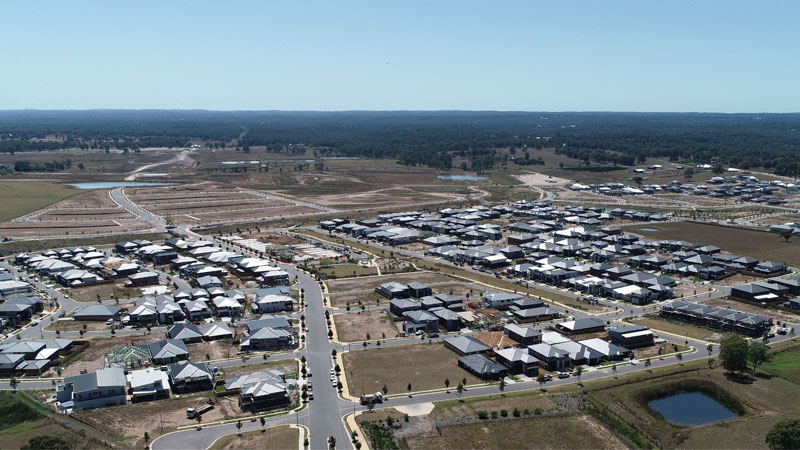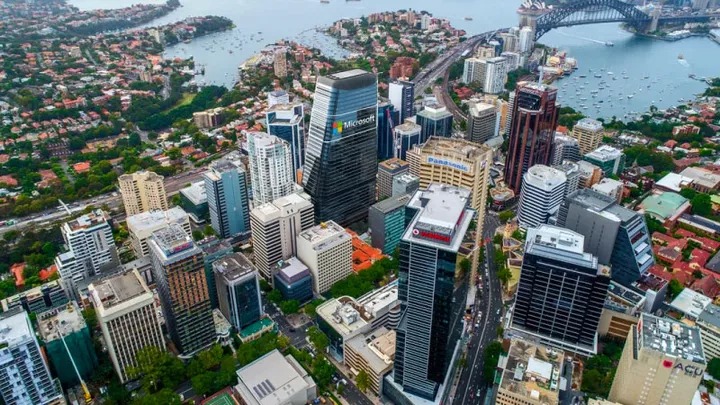Settlements, Stimulus Boost Stockland Results
Stockland collected just 61 per cent rent from its retail tenants during Covid-19, driving a 20.5 per cent decline in funds across its retail portfolio.
The group reduced its exposure to non-discretionary retail over the financial year, divesting $418 million of non-core assets and significantly reweighted its retail town centre portfolio.
Despite reporting $464 million in commercial revaluation declines, Stockland’s funds from operations remains contained, down 8 per cent to $825 million, while its residential portfolio generated a 2.5 per cent uplift in funds from operations.
Stockland also took a $116 million hit to the valuation of its retirement portfolio.
The group’s retiring chief executive Mark Steinert said that the group experienced a solid rebound in residential sales and enquiries during May and June.
“Funds from operations per security was 34.7 cents, down 7.2 per cent, reflecting Covid-19 impacts across our business, particularly on our retail town centres, offset by growth in communities, workplace and logistics.”
In a marked turnaround from last year’s reporting season, the group’s $20 billion-plus residential portfolio benefitted from strong settlements and a brighter house and land market outlook.

The country’s largest residential developer reported 4,300 contracts on hand at the end of July and a 7 per cent default rate.
Stockland’s communities chief executive Andrew Whitson said the default rate is expected to remain elevated due to ongoing economic uncertainty.
“Strength in demand [is] driven by an increase in preference towards community living, affordability relative to the established market, credit availability and continuing low interest rates.
“The current low interest rate environment, positive credit conditions and government stimulus are expected to support the market.”
Whitson said that 87 per cent of customer enquiry was generated online over June and July.
Acquisitions included the $415 million The Gables in March and a 50-50 joint venture residential deal with Thai’s Supalai group in Melbourne. The group also flagged development plans for 150 apartments in Melbourne’s Brunswick after picking up a site earlier this year.
Related: Stockland CEO Mark Steinert to Retire

Stockland grew its workplace and logistics portfolios by more than $1 billion, including the acquisition of the Piccadilly Centre, Walker Street in North Sydney, Carole Park and Richlands in Queensland and entered into contracts for the acquisition of Kemps Creek and Khartoum Road in Macquarie Park.
Stockland commercial boss Louise Mason confirmed that development plans are in the pipeline for the Piccadilly Centre and Walker Street in Sydney.
“We will continue to carefully assess market conditions before commencing new developments,” Mason said.
Moody’s vice president Saranga Ranasinghe said that the group’s results highlight the benefits of its diversification.
“Despite the challenging environment, retail occupancy remains around 99 per cent, and around 94 per cent of stores are currently operating,” Ranasinghe said.
“As the largest masterplanned community builder in Australia, we expect Stockland to benefit from government stimulus aimed at first-time home buyers. The group also continues to benefit from strong liquidity.”
Stockland withdrew its earnings guidance in March. The group’s shares were trading at $3.86, closing Tuesday up 6 per cent.
















